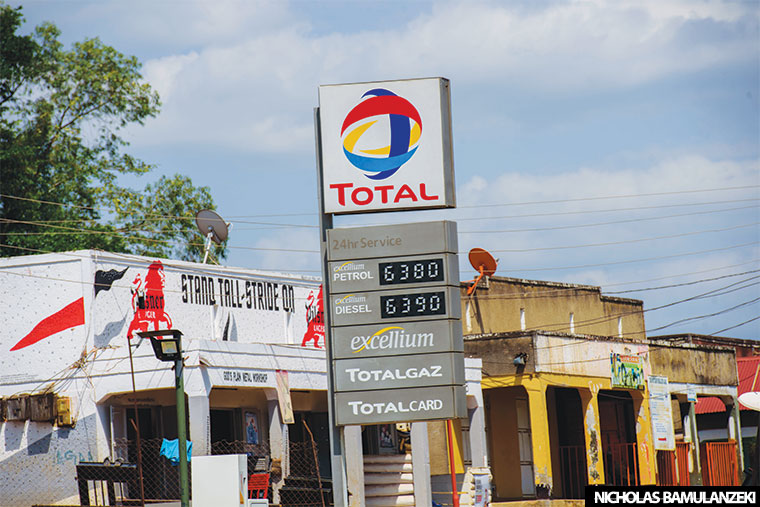The government has put forward a proposal to increase excise duty on both petrol and diesel, a move that could significantly impact fuel prices and the cost of living.
The amendments, presented in Parliament, suggest an increase of Shs100 per litre on petrol and Shs150 per litre on diesel.
If approved, the excise duty on petrol will rise from Shs1,550 to Shs1,650 per litre, while diesel will see an increase from Shs1,230 to Shs1,380 per litre.
The proposed hikes are part of a broader effort to generate additional revenue for the government.
Economic Implications
Tax experts warn that even a seemingly small increase in fuel tax will have widespread economic repercussions.
Mr. Mohammed Moses Ssempijja, a tax expert at Ernst and Young, emphasized that fuel price hikes create a multiplier effect, impacting transportation costs and, ultimately, the prices of goods and services.
The increased fuel costs are expected to translate into a potential 8% rise in petrol prices and a 10-12% increase for diesel consumers.
With fuel being a critical component in the supply chain, businesses are likely to pass on these costs to consumers, leading to overall inflationary pressure.
Burden on Consumers
Consumer advocates have expressed concerns that the proposed tax increase will disproportionately affect low-income households.
Mr. Benard Bwambale, Head of Programmes at the Global Consumer Centre (CONSENT), stated that higher fuel prices would lead to increased costs of essential commodities, such as food, water, and school fees.
“This decision will put additional strain on households already struggling with high living costs. The government should consider alternative revenue sources instead of burdening consumers with higher taxes on essential goods,” Bwambale argued.
He further criticized the lack of regulatory oversight, which could enable fuel dealers to set arbitrary prices, exacerbating the situation.
Bwambale urged the government to ensure that any additional tax revenue collected is transparently used to improve public services.
Government’s Justification
The government has defended the proposed tax hikes, arguing that fuel taxation is a reliable source of revenue that is difficult to evade.
According to Mr. Moses Kaggwa, acting director of economic affairs at the Ministry of Finance, the increase in excise duty is necessary to support a growing national budget and address declining donor funding.
“Fuel is a necessity, and its taxation provides a steady revenue stream. Given the country’s fiscal needs, this tax adjustment is necessary,” Kaggwa stated.
While the government has been working to streamline the fuel supply chain to reduce costs, consumer advocates argue that these efforts are undermined by tax policies that drive up prices.
Next Steps
The proposed tax adjustments are set to take effect on July 1, 2025, pending parliamentary approval.
As the debate continues, stakeholders, including businesses, consumer rights groups, and policymakers, will be closely watching how the changes unfold and their broader economic impact.

